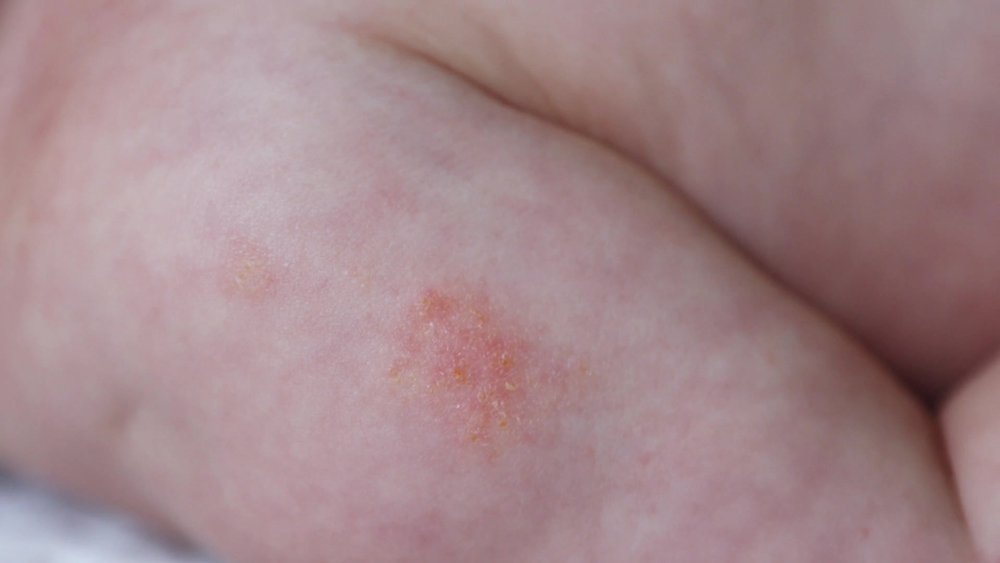
In the bustling world of health and wellness, the quest for effective, natural remedies to combat allergies and atopy is ever-growing. One promising avenue that has gained attention in recent years is the use of fucoidan, a bioactive compound found in certain seaweeds. This article aims to explore the potential benefits of fucoidan in preventing and improving atopy and allergies, shedding light on the science behind its actions.
Understanding Atopy and Allergies
Before delving into the role of fucoidan, let’s first grasp the basics of atopy and allergies. Atopy is a genetic tendency to develop allergic diseases, such as asthma, eczema, and allergic rhinitis. Allergies, on the other hand, occur when the immune system reacts excessively to a harmless substance, triggering symptoms ranging from sneezing and itching to more severe reactions.
The Immune System’s Role
To comprehend how fucoidan comes into play, it’s crucial to understand the immune system’s role in allergies. Allergic reactions are essentially a hypersensitive response of the immune system to certain stimuli, known as allergens. These allergens can be anything from pollen and pet dander to specific foods.
Fucoidan’s Immunomodulatory Properties
Fucoidan stands out for its unique immunomodulatory properties, meaning it can regulate and modulate the immune system’s responses. Several studies have indicated that fucoidan can help balance the immune system, preventing it from overreacting to harmless substances and thus reducing the severity of allergic reactions.
Research Findings
A study published in the “Journal of Immunology Research” (Choi et al., 2019) investigated the effects of fucoidan on allergic inflammation. The findings suggested that fucoidan exhibited anti-allergic and anti-inflammatory properties, reducing the production of inflammatory markers and mitigating allergic responses. This promising research opens doors to the potential use of fucoidan as a natural remedy for allergies and atopy.
Skin Health and Eczema
One of the most common manifestations of atopy is eczema, a skin condition characterized by red, itchy, and inflamed skin. Fucoidan’s skin-friendly properties make it a compelling candidate for addressing eczema. A study in the “Journal of Dermatological Science” (Lee et al., 2018) explored the effects of fucoidan on atopic dermatitis, revealing that fucoidan not only reduced inflammation but also promoted skin barrier function, making it a promising option for those dealing with eczema.
Antioxidant and Anti-Inflammatory Actions
Fucoidan’s benefits extend beyond its immunomodulatory effects. It also boasts potent antioxidant and anti-inflammatory actions, which play a crucial role in alleviating allergy symptoms. Antioxidants combat oxidative stress, a common trigger for allergic reactions, while anti-inflammatory properties help reduce the overall inflammatory response.
Conclusion
As we navigate the vast landscape of health and wellness, it’s heartening to discover natural compounds like fucoidan that hold promise in preventing and improving atopy and allergies. While more research is needed to fully understand the mechanisms and optimize dosages, the existing body of evidence suggests that fucoidan’s immunomodulatory, anti-inflammatory, and antioxidant properties make it a noteworthy candidate for those seeking alternative approaches to allergy management.
Incorporating fucoidan into one’s wellness routine may offer a holistic and natural solution to the challenges posed by atopy and allergies. As always, it’s advisable to consult with healthcare professionals before making significant changes to one’s health regimen. Embracing the potential of fucoidan is a step towards a future where the treasures of the sea contribute to our overall well-being in the fight against allergic ailments.
- Choi, J. S., Moon, W. S., Park, S. M., Moon, J. H., Son, Y. M., & Ahn, M. Y. (2019). Fucoidan inhibits LPS-induced inflammation in vitro and during the acute response in vivo. Journal of Immunology Research, 2019. https://doi.org/10.1155/2019/8390458
- Lee, J. H., Yeon, S. M., & Choi, J. I. (2018). Fucoidan ameliorates atopic dermatitis symptoms by regulating the balance of Th1/Th2 cells. Journal of Dermatological Science, 92(3), 287–290. https://doi.org/10.1016/j.jdermsci.2018.09.006
- Fitton, J. H., Stringer, D. N., Karpiniec, S. S., & Park, A. Y. (2015). The Therapeutic Potential of Fucoidan—An Overview. Marine Drugs, 13(3), 4596–4613. https://doi.org/10.3390/md13034596
- Yang, Y., Xu, Z., Xu, L., & Yu, Z. (2015). Fucoidan from Macrocystis pyrifera has anticoagulant activity. Thrombosis Research, 135(5), 831–836. https://doi.org/10.1016/j.thromres.2015.02.016
- Jin, W., & Zhang, Q. (2013). Wang, J. The Anti-Hyperglycemic Effect of Fucoidan in Diabetic Mice with Experimental Autoimmune Diabetes. Marine Drugs, 11(8), 2732–2744. https://doi.org/10.3390/md11082732

